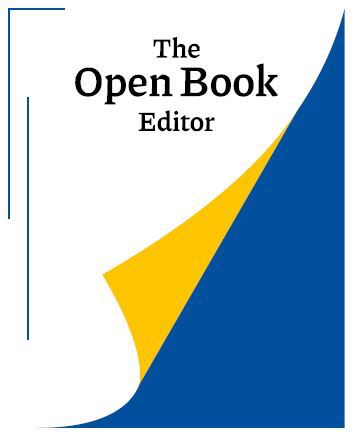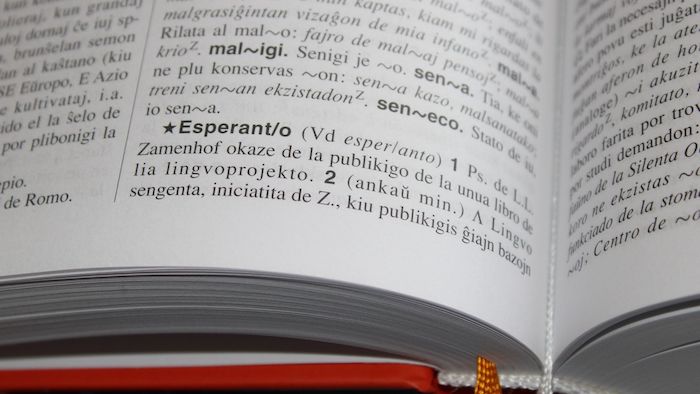Incorporating foreign words and phrases into your story can be a good way to showcase a way of life your readers may not be familiar with, whether the story features another country, culture, or a unique subset of society. It’s also a good way to lend some realism to a scene if the protagonist is in a foreign country or communicating with an English-as-a-second-language (ESL) speaker.
But featuring another language can be something of a double-edged sword. While it might lend a greater air of realism to the work and make for more believable dialogue, you also risk losing your reader’s attention when they don’t understand the language.
Are you thinking about including foreign words and phrases in your novel, but aren’t sure if it’s the right move? Read on to find out why, when, and how to use a foreign language in your book.
Ask yourself why you’re doing it
While it’s tempting to think foreign words will add to your scene and help create believable characters, they can have the opposite effect; they can fracture your reader’s focus and pull them out of the story, breaking the spell of storytelling.
The more you write in one language, the more your reader absorbs the text passively while their mind focuses on enjoying the storytelling. Foreign words risk reminding the reader they are reading a book.
So, before you decide to include another language in your book, ask yourself why you’re doing it. Is the purpose to lend authenticity to a scene? Are you trying to show that a character doesn’t understand someone or something? Is there a certain word or phrase that you feel is particularly suited but doesn’t have a direct English translation? Or are you simply looking to show off a different language?
If you feel incorporating foreign words or phrases will contribute to a setting or tell your reader something vital about your characters and story, then use them sparingly so as to not overwhelm or alienate your readers. But if using a foreign language adds nothing special, keep things simple and write in English instead. Show your readers that your characters are speaking in that language with some description or insights from the characters.

“Parlez–vous anglais?” the train conductor asked.
“Oui,” I replied.

“Do you speak English?” the train conductor asked me in French.
“Yes,” I replied.
Find other ways to incorporate cultural titbits
It’s unnecessary to keep reminding readers where your book is set by using words from the local language—especially because you can do this just as well in a myriad of other ways.
Let’s say your book is set in a town in Italy. You don’t need to tell the reader that two people who live there speak Italian; it’s obvious.
Instead, you can pull your reader into the setting with descriptions of the town, the people who live there, and the sorts of quirky scenarios which are unique to a small Italian village. One of the best ways to incorporate a foreign culture and language into your book is through food and drink. Describe the types of food native to the region and write the names of the dishes in the local language. This is easily digestible (pun intended) for readers and teaches them something new about the culture.

When is the right time to include foreign words and phrases?
As we have mentioned, some words don’t lend them well to translation; the meaning gets lost along the way. In such circumstances, it is better to use the foreign word and then a lengthier description to explain it to the reader, especially if the word is important to the story or setting.
As always, this should be done as unobtrusively as possible. If you can explain it while describing the ongoing action or during dialogue rather than via exposition, all the better.
The other useful time to use foreign words and phrases is when a character doesn’t understand another speaker or a block of text in a given scene. For example, if your POV character arrives in Berlin but doesn’t speak German and is greeted at the airport or is trying to read signs at the train station.
As such, foreign language use is more common in novels set in multiple countries, as well as fantasy and sci-fi novels where multiple sentient species might interact with each other.
What about accents?
Incorporating accents into your book might seem like a nice balance between all-English text and making it clear which language someone is speaking. Unfortunately, accents can often prove just as tricky as adding foreign words and phrases.
How you interpret an accent (and, therefore, write it) will be influenced by your personal experience with it. And unless you know it very well, you may risk offending native-accented speakers.
This is a slippery slope and can lead to your character becoming an unintended parody. Your writing might also be interpreted by some readers as being xenophobic.
Just like foreign words and phrases, accents can distract readers, so it’s best to keep things simple. Leave them out of your dialogue and describe how your characters sound instead.

“Wi dooant want nowt to do wi’nooab’dy,” he said.

“We don’t want anything to do with anyone,” he said, each word soaking into the next in that rolling way of speaking that Yorkshiremen possess.
Less is more

Some books are more suited than others for using foreign words and phrases. Writing isn’t a science but an art. The balance between believability and immersive storytelling depends on the genre, your target audience, and your voice as an author.
Of course, it’s not always easy to know if you’re getting the balance right, especially when you’re just starting out. Thus, getting a second opinion can be invaluable.
With our developmental edit and editorial assessment services, we can work with you to evaluate your writing, determine the key genres and target audiences of your book, and explain if and how you should use foreign languages in your novel.


